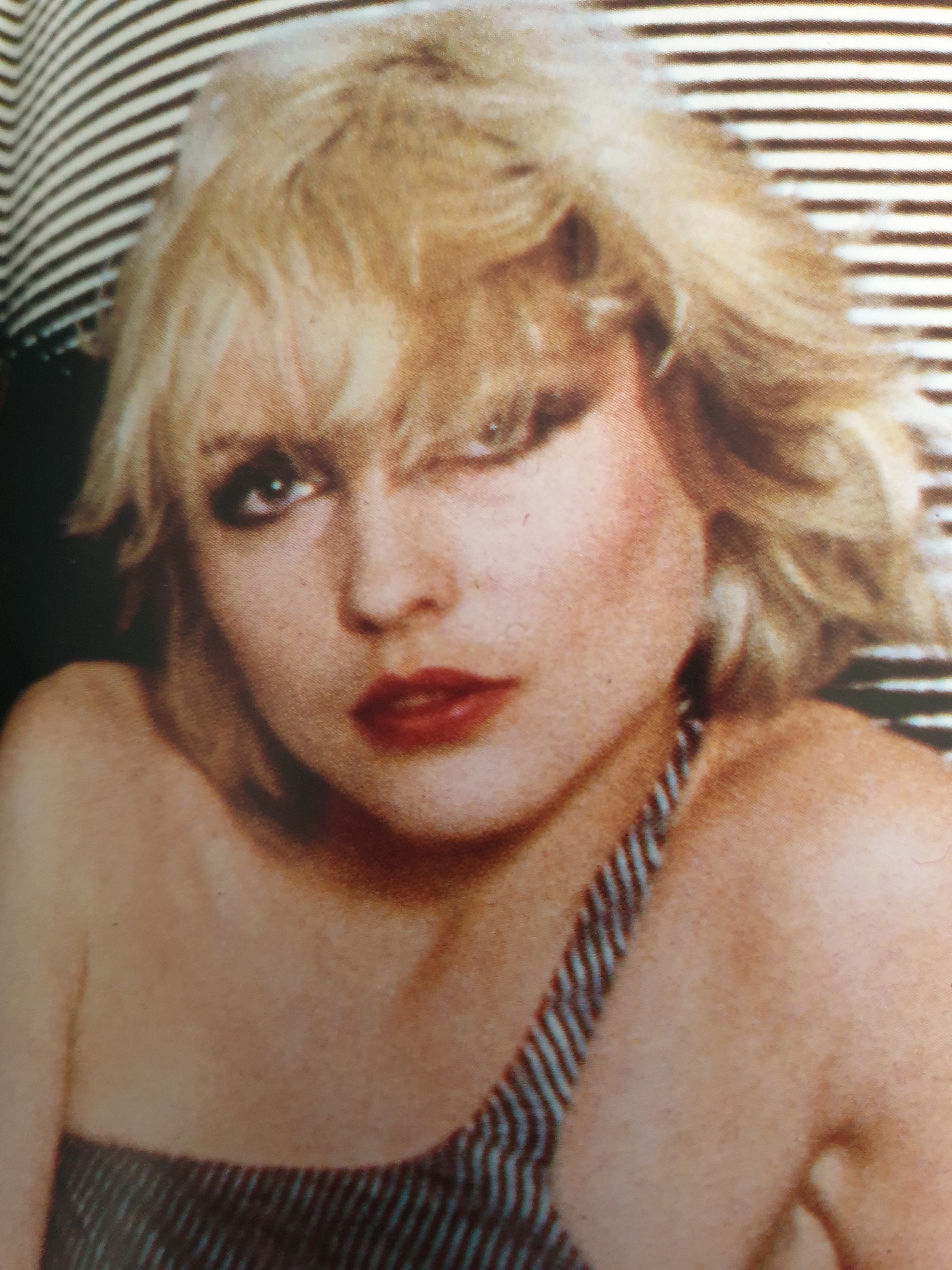

If the Ramones-ian strain of punk was a bulwark against disco glamour and studio-pop gloss, Blondie’s “if you can’t beat ‘em, join ‘em, then beat ‘em” infiltration of the pop consciousness was on the Trojan horse side of things, re-normalizing three-and-a-half-minute hook-fests as a primary mode of rock songwriting at the same time they reinforced that just about any genre - girl-group R&B, breezy chanson, nervy synthpunk, and yeah, disco, too - had its place in a rock world that seemed hellbent on abandoning them.

“I wanna be your number one,” went their 1980 cover of the Paragons’ “The Tide Is High,” and all of Great Britain went “you got it.”ĭebbie Harry became the closest pop ever got to a cross between Ronnie Spector and Bette Davis, her writing partner Chris Stein joined her as one of rock’s great wise-asses, Chrysalis Records proved you could go platinum on an independent label, and the ’80s got the single most wide-ranging blueprint for what that hubristic decade would sound like at its best. The charts, both in the States and (especially) Europe, had other ideas: First single and Buddy Holly cover “I’m Gonna Love You Too” was a #3 in Belgium, then their take on the Nerves’ power-pop nugget “Hanging On The Telephone” hit #5 in the UK, and then “Heart Of Glass” was a smash everywhere, at which point from there through the early ’80s Blondie might as well have been to Top Of The Pops as Charles Nelson Reilly was to Match Game.

When it came out in September ’78 (exactly 40 years ago yesterday), it cheesed off purists ( Blondie went disco?) and earned just enough critical praise to stir interest (Christgau: “as close to God as pop-rock albums ever get”) without immediately pushing Blondie’s greatest album into the ranks of the revered - it reached a modest #25 on the ’78 Pazz & Jop Critics’ Poll, a few notches behind now-shrugged-at aging-warhorse albums like the Who’s Who Are You, Van Morrison’s Wavelength, and Bob Dylan’s Street Legal.


 0 kommentar(er)
0 kommentar(er)
